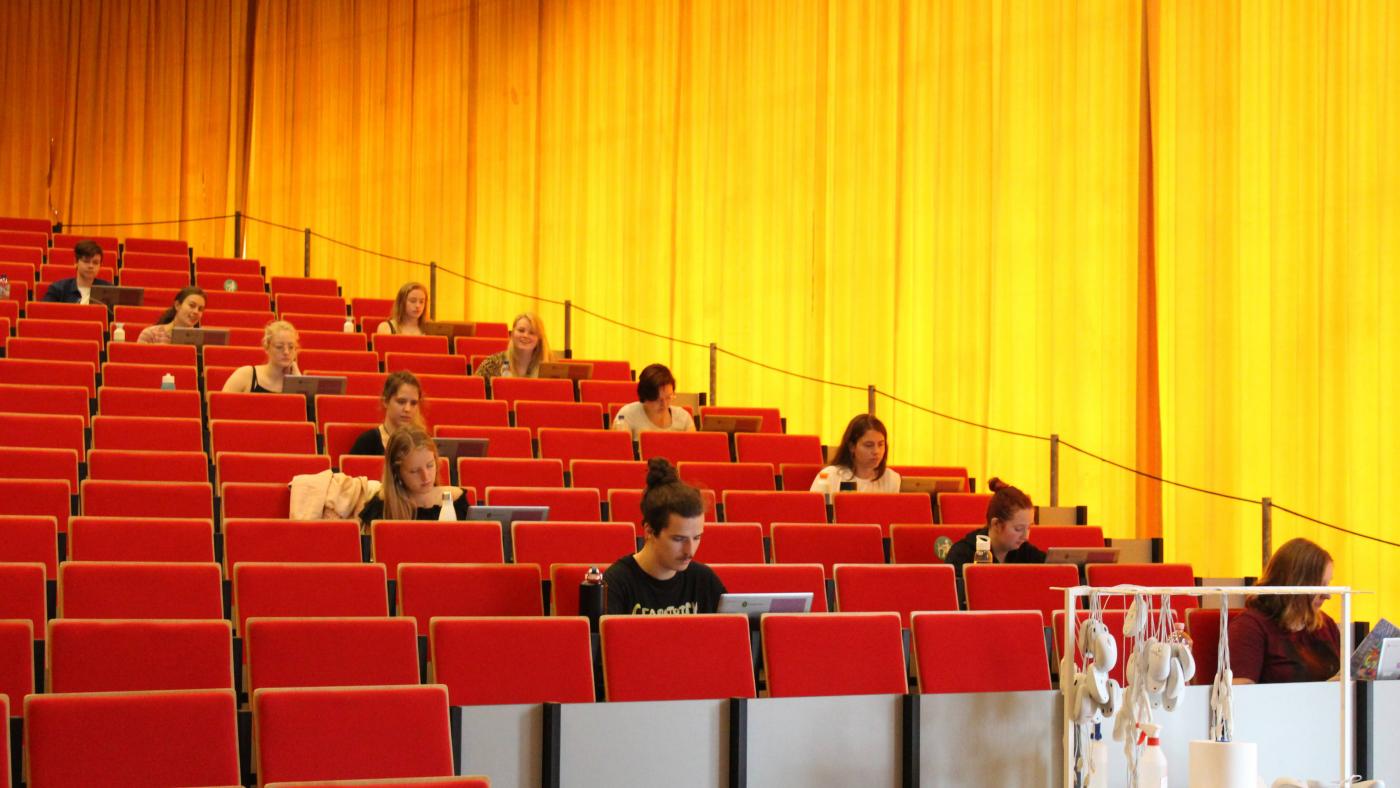Students study less for an exam if they can resit it, study shows

Resits are usually a given in Dutch higher education. But research has shown that this causes students to prepare less for the first exam, thus increasing their likelihood of failing. Rob Nijenkamp, a PhD researcher at the University of Groningen, investigated whether this effect could be counteracted and if so, how.
He asked first-year psychology students to fill in questionnaires to find out which study strategies they used. The results were as he suspected: students will put less time and effort into preparing for the first exam if they know there is going to be a resit anyway.
Minimum mark
That perverse incentive can’t be negated altogether, but there are ways to reduce it, Nijenkamp’s study revealed. He found that it helps if students must receive a minimum mark (a 4 out of 10, for instance) on the first exam to qualify for the resit. This encourages them to put serious effort into studying for the first exam.
Another possibility is to schedule the first exam and the resit further apart. This ensures that students will have forgotten most of what they learned for the first exam opportunity by the time of the second one, meaning they have to start all over again to pass the exam. This also makes the resit look less appealing.
Too much stress
Last week, DUB published an opinion piece by student Hugo Wagenmakers in which he calls for more resit opportunities. Although he prefers not to oppose the Groningen study, he notes that students tend to get really stressed ahead of an exam, especially if the resit options are limited. According to him, this is one of the conclusions to be drawn from the latest Mental Health Monitor, conducted last year. "If the university took this into account, they would give everyone the chance to resit an exam, regardless of their grade. An obvious consequence would be that students' stress would drop".